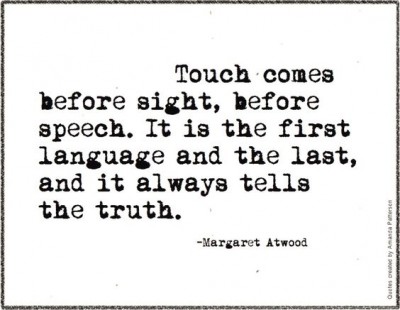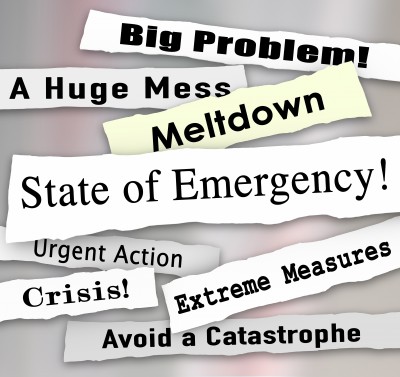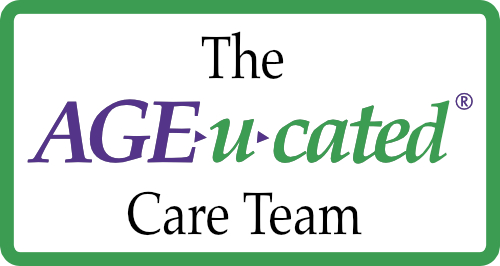 Touch is one of our most fundamental needs.
Touch is one of our most fundamental needs.
It is the first sense to develop in the womb and one of the last ones to go during dying. Although our situation, age and condition may change the need for human contact does not.
Why, then is touch deprivation so real in old age?
It occurs, in part, because of separation from loved ones but mostly because of fear on the part of younger people. Fear of looking at old age up close and personal. I think that if old people are thought of as former people the assumption is they no longer have the same needs as when younger. When it comes to touch this idea really misses the mark! According to Jane A. Simington, RN, PhD conducted a literature review and her findings were published in Humane Medicine Journal. She reports:
Older persons report that touch conveys fondness, security, closeness, warmth, concern, and encouragement, and makes them feel an increased sense of trust and well-being. They report that touch helps them to develop close, trusting relationships with staff and other residents. As tactile sensitivity decreases, the need to receive expressive touch may increase. Nature can be cruel however, and the elderly person often may have no one to provide this increased touch. The children are gone and the partner has died. One elderly woman put it this way, “Sometimes I hunger to be held. But he is the one who would have held me. He is the one who would have stroked my head. Now there is no one. No comfort.”
Caregivers can be agents of change and have the power to profoundly impact quality of life for older adults by reversing the effects of touch deprivation. Of course there are physical benefits of skilled touch that result in improved function in activities of daily living. Proper touch alleviates aches and pains and improves circulation, resulting in greater ease of movement and the ability to perform physical tasks with greater comfort. It can induce a relaxation response, leading to improved sleep quality and feelings of calmness. But focusing only on the physical benefits adds to the medicalization of aging.
Rather than viewing touch as a treatment for ailments let’s look to it as a way to validate the human experience of aging. The gift of caring touch encourages feelings of self-acceptance and worthiness. But our influence goes even further. By literally reaching out to older adults we demonstrate wholesome attitudes about aging. Maybe by our own actions we will encourage others to be more willing to touch our elders. Society as a whole stands to gain.
Ann Catlin, OTR, LMT is an expert and educator in the field of therapeutic touch and the creator of the groundbreaking Compassionate Touch® program for those living with dementia or at end-of-life. Professional and family care partners are witnessing transformational change by using the Compassionate Touch program to engage, connect and comfort. Compassionate Touch is a program of AGE-u-cate Training Institute, whose mission is developing cutting edge aging and dementia training.


 No misspelling here. Who needs AGE-u-cation? Our care teams, family members, elder care providers, hospitals, business community, churches, non-profits need to be MUCH better AGE-u-cated®!
No misspelling here. Who needs AGE-u-cation? Our care teams, family members, elder care providers, hospitals, business community, churches, non-profits need to be MUCH better AGE-u-cated®!